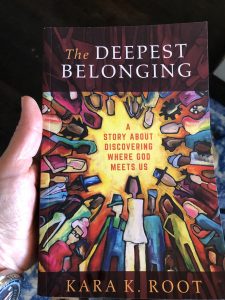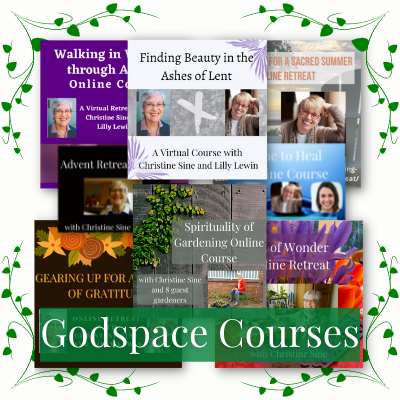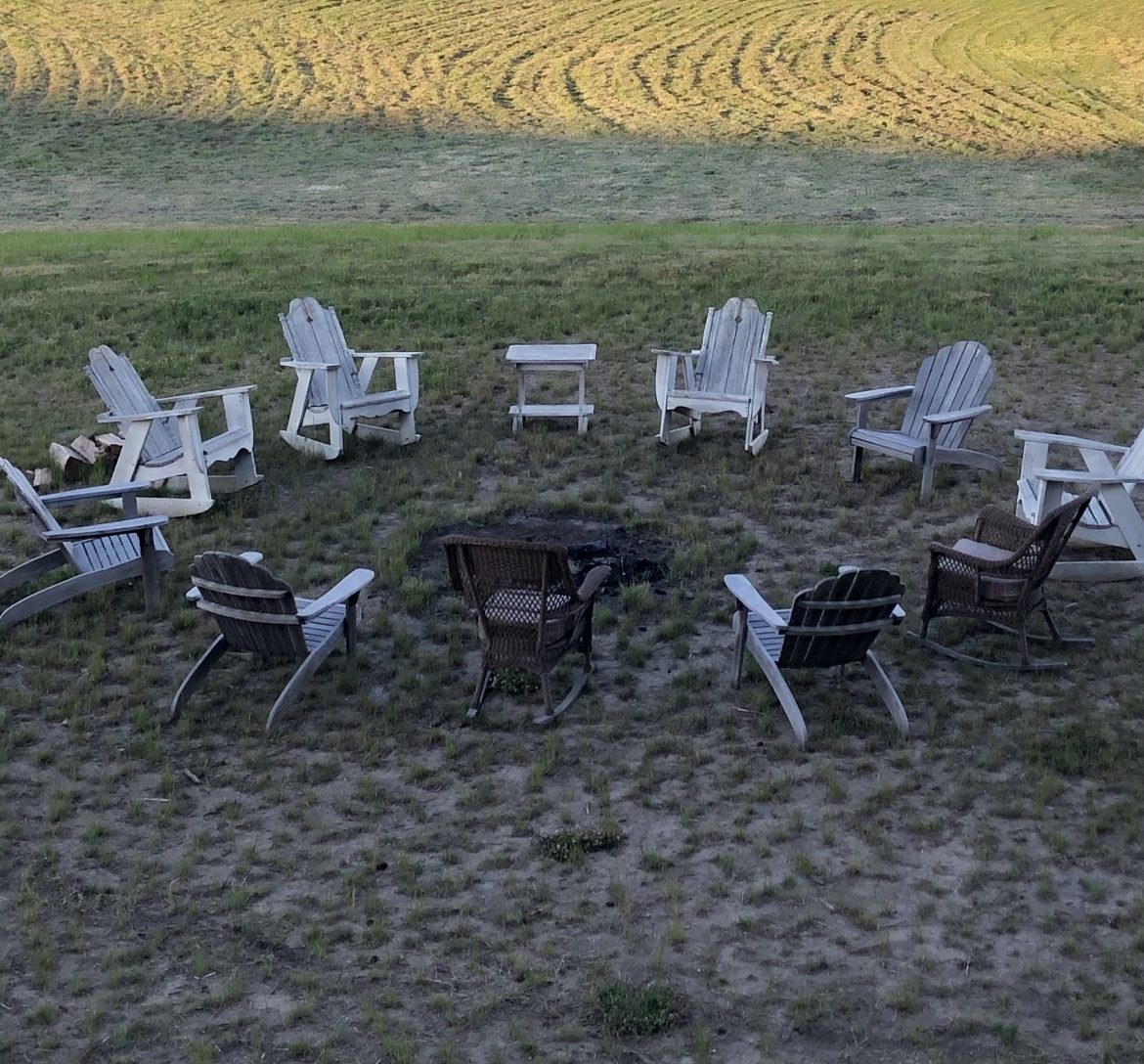by Lilly Lewin and Kara K. Root
I am on the road for the next few weeks and will have some friends writing freerange Friday posts for me! Some of my favorite people, who are writers and creatives – and if you don’t know them you need to know them! First friend is Pastor and Spiritual Director Kara Root. I have learned many things from Kara over the years, but probably the biggest lesson is about practicing SABBATH. Her entire congregation practices Sabbath together! They gather for regular Sunday worship twice a month, and the other weekends they gather on Saturday night for more contemplative time, and then on Sunday they practice Sabbath on their own! If there is a fifth Sunday in the month they often go serve someone together. I think that if every church would start this practice, we’d have a lot less burned-out pastors and a lot more peace-filled people!
Kara has an amazing new book about her experience living out her faith in community with Lake Nokomis Presbyterian Church.
The Deepest Belonging: A Story about Discovering Where God Meets Us Paperback
“Are you tired? Worn out? Weighed down by heaviness? Come to me. Get away withme and you will recover your life. I will show you how to take a real rest. Walk with meand work with me—watch how I do it. Learn the unforced rhythms of grace. I won’t lay anything heavy or ill-fitting on you. Keep company with me and you will learn to live
freely and lightly.” (Mt. 11:28–30 adapted from The Message)
My grandfather was famous in our family for being able to “fit 10 lbs in a 5 lb box.” I inherited and honed this trait, and for much of my teenage and adult life I was a proud multitasker. I knew how to pack more things into less time, to wow people with my ability to accomplish.
But I slowly began to discover that while I could competently fit 10 lbs in a 5 lb box, I didn’t know how to fit 5 lbs. in a 5 lb. box. And 4 lbs. would have been impossible. I didn’t have any margins, any room, any rest. I could do many things at once but I could not do one thing. Or nothing. I was trying to be more than one human being, live more than the one human life. I was ignoring the perimeters, boundaries and limits God has given me. I was packing so much into my life and moving so fast, that I was not receiving my life as a gift to receive and enjoy, but turning my life into a task to accomplish.
For the past fifteen years, as a person, a parent, and a pastor, I have been learning about and practicing Sabbath. Sabbath is time dedicated on purpose for no activity other than to dwell in our own lives and let God meet us there. Sabbath reorients us to reality. When God led the Israelites in the wilderness, God gave them the Ten Words, or what we know as the Ten Commandments. These are descriptions of life of a free people with God in charge instead an enslaved people under Pharaoh. Hinged between the Words that describe belonging to God (the first three commandments) and the Words describing belonging to each other (the last five commandments) comes the longest and most detailed Word: “Keep the Sabbath.”
One day in seven, God says, you stop all work. You do this because you are not to be defined by your output or measured by your productivity. One day in seven everyone rests, and all distinctions that you erect to define your value and quantify your worth disappear. Old, young, rich, poor, slave, free, citizen, foreigner—you are all simply and completely human beings, alongside one another, all beloved children of God. This is the hardest lesson to absorb, so we have to practice it regularly, God tells us. We have to regularly step out of the mindset and activity of the world around us, the measuring, comparing, competing, striving, producing, and consuming. We have to regularly stop doing and practice just being. As all the other creatures and the earth itself already do, we must surrender to the cycles of rest and renewal that God built into the fabric of existence, which we are passionately determined to circumvent.
One day in seven, this Word says, those who belong to God on purpose remember that we are not God. And God’s people on purpose remember that we are neither better nor worse than anyone around us, but connected in a mutual belonging to God and each other. This is what it means to be human. This is what it means to be free. By stopping every week on purpose, we acknowledge that there is nothing we can’t set down and step away from. In fact, the urgency and control that keeps us constantly in the driver’s seat is a lie. Life is about something other than doing work and measuring our worth. So we stop. On purpose. Ready or not, sabbath interrupts and takes over. We don’t start Sabbath after all the work is done, the house is clean, the thank–you notes are written, and the gutters are cleared. The day arrives and we surrender our uniforms and go off the clock. The phone goes off, the screens go dark, the work is put down, and the only thing left is human beings being human, in the presence of God, who was there all along.
A Sabbath day is for listening to our souls, our bodies, our hearts. What do I need now to feel my freedom and belovedness in God? Sleep? Play? Nature? Connection? Movement? Creativity? After 14 years of practice, a Sabbath day still often feels like a bonus day in the week, a step out of time itself. It’s surprising in its expansiveness. It is gentle and open, and things bubble up and surprise us within it, like an impromptu board game or picnic, a guilt–free sinking deeply into a novel. A meal prepared slowly and together. A long, meandering, purposeless walk away from the usual paths.
In stark contrast to the world around us—the relentless pace, the endless self–gratification, the frantic climbing, and urgent, nonstop work—here is a gift of rest and perspective that is already part of our faith, just not one most Christians pay much attention to. Sabbath is one of God’s big ten, right up there with not murdering, because unless we regularly stop, we forget. We forget that we are creatures—with bodies and minds and hearts that need tending. We forget we are dependent on the love and care of a creator who is ready to meet us when we stop moving long enough to be met. We forget that we are in this together, alongside everyone else, and that we need one another because life isn’t meant to be done alone and against. And human beings who forget their humanity are arguably the most destructive force in the universe. Rest is not a reward to be earned. It’s the starting point. And because of how we live in today’s fast-paced world, resting is uncomfortable and strange. We are trained to measure the worth of a day by what we accomplish.
So it’s a challenge to spend a day with the express goal of accomplishing nothing, just being. I’ve learned to expect restlessness, and often tears. I receive both as reminders to me of how unaccustomed I have become to being present to my own basic humanity, and I let the agitation and unexpected emotion lead me back to gratitude for this one precious life I’ve been given. Practicing Sabbath has given me a greater capacity to set boundaries and make hard choices with joy. It has taught my children to honor their capacities and their own and others’ need for rest and renewal. It has deepened my congregation’s trust in God and love for the world.
Sabbath reminds me what’s real: I am a person cared for by God and deeply connected to others. I forget this when I don’t stop and rest. When I do stop and rest, I remember.
Kara K Root a writer, spiritual director, workshop leader, and the Pastor of Lake Nokomis Presbyterian Church in Minneapolis, MN, a Christian community that shapes its life around worship, hospitality and Sabbath rest.

By Kara Root
 Looking for some inspiration? Consider one of our courses! Most offer 180 days of access, perfect for working through a virtual retreat at your own pace. You can find them all right here! And did you know? We offer discounts if you have purchased a course or virtual retreat from us before or are buying for a group. Email us before check-out for the code!
Looking for some inspiration? Consider one of our courses! Most offer 180 days of access, perfect for working through a virtual retreat at your own pace. You can find them all right here! And did you know? We offer discounts if you have purchased a course or virtual retreat from us before or are buying for a group. Email us before check-out for the code!

